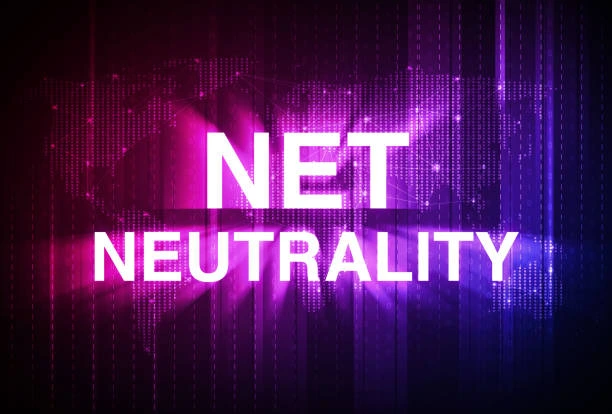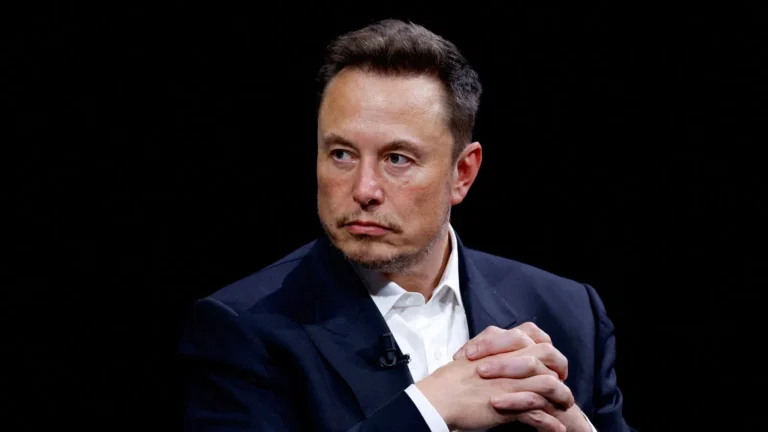Internet Service Providers Challenge FCC’s Authority on Net Neutrality
A three-judge panel of the 6th U.S. Circuit Court of Appeals expressed skepticism on Thursday regarding the U.S. Federal Communications Commission’s (FCC) authority to reinstate net neutrality rules, which have long been a contentious issue among internet service providers (ISPs). The court was hearing arguments in a case brought by industry groups that claim the FCC is overstepping its jurisdiction by attempting to revive these regulations.

The FCC’s renewed effort to implement net neutrality comes in the wake of President Joe Biden’s support. The original rules were established in 2015 during the presidency of Barack Obama but were repealed in 2017 under Donald Trump. The reinstatement aims to ensure that all internet data is treated equally, preventing ISPs from throttling speeds or blocking access to certain content based on users or payment arrangements.
In August, the 6th Circuit temporarily blocked the enforcement of the new rules as the legal challenge from the telecommunications industry proceeds. The core issue in this case revolves around whether the FCC can reclassify broadband internet as a telecommunications service, thereby granting itself expanded regulatory powers. In April, the FCC voted to reassert its regulatory authority over broadband, setting the stage for this legal battle.
During the proceedings, Judge Richard Allen Griffin raised questions about the implications of the FCC’s shifting stance on net neutrality over the past three administrations. He inquired whether these changes presented a legal hurdle for the commission. “If it’s a close call, should we not defer to the policy of Congress, which is to not provide for extensive regulation?” Griffin asked FCC Associate General Counsel Jacob Lewis. Lewis responded by asserting that federal law endows the FCC with the authority to establish net neutrality rules and that Congress had anticipated the commission would need to navigate these regulatory decisions.
The telecommunications sector is united in its opposition to net neutrality, arguing that such regulations impose undue restrictions that could stifle innovation and investment. In contrast, major technology firms, including Amazon, Apple, Alphabet, and Meta Platforms, have expressed support for net neutrality, advocating for a level playing field in internet access and services.
A prior ruling from a different 6th Circuit panel emphasized the significance of the “major questions” doctrine, a legal principle allowing courts to invalidate actions by executive agencies that have far-reaching economic and political consequences unless Congress explicitly authorized them. This panel cited the need for clear congressional authorization in matters concerning net neutrality, stating, “Net neutrality is likely a major question requiring clear congressional authorization,” thus halting the enforcement of the FCC’s rules.
The implications of the net neutrality rules are significant. They would prevent ISPs from blocking or slowing traffic to particular websites, engaging in paid prioritization for certain content, and would equip the FCC with tools to monitor internet service outages and regulate foreign telecom companies, particularly those from China.
Jeff Wall, representing the telecom industry groups, argued that the FCC is claiming powers it has never previously held and that Congress has consistently refused to delegate such authority. Wall emphasized that the decision on net neutrality should rest with Congress rather than an independent regulatory body.
Judge Raymond Kethledge, meanwhile, pushed back against the FCC’s rationale for its classification of broadband services. He stressed the importance of focusing on the specific statutory language rather than invoking the major questions doctrine. “After 16 years as a judge, let’s just talk about the words,” Kethledge remarked, indicating a preference for a textual analysis of the law.
Restoring net neutrality remains a significant goal for the Biden administration. In 2021, President Biden signed an executive order urging the FCC to reestablish these protections for consumers. In contrast, the Trump-era FCC argued that net neutrality regulations were outdated and hindered innovation, claiming that their removal would lead to increased investments in broadband infrastructure.
As the legal proceedings continue, the outcome could have profound implications for internet access and regulation in the U.S. The debate over net neutrality reflects broader tensions in technology and policy, as stakeholders from various sectors grapple with the balance between regulation and innovation in an increasingly digital world.






